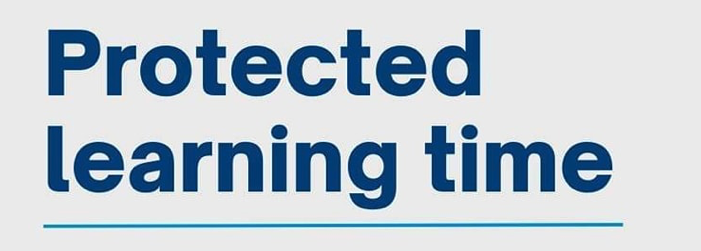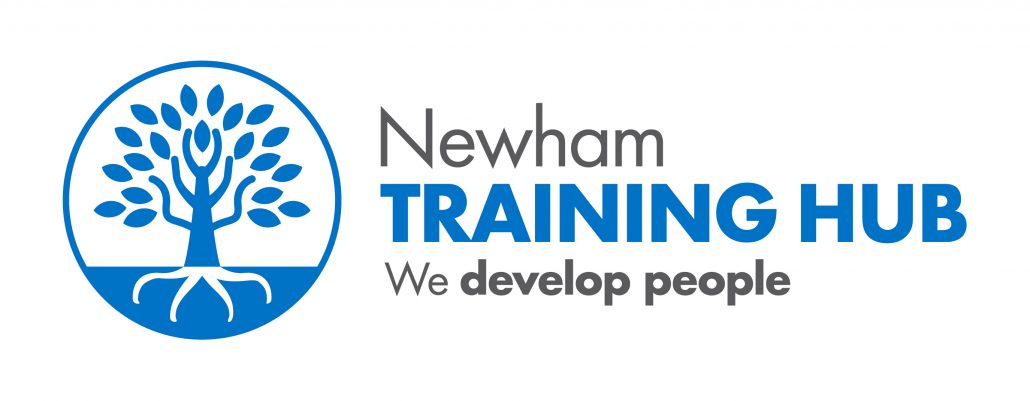
There will be three virtual sessions running in parallel, virtual session one will be for clinical staff, virtual session two will be for non-clinical staff and virtual session three will be for non-clinical and clinical staff. Sessions one and three will be recorded.
Session 1 – Clinical
Please click here to register to the session and receive a calendar invite with joining link.
2:30pm – 5:30pm – Learning Disability and EDI, Referrals Management of bladder incontinence in Children and Adolescents and Medical Examiner
Target Group: Clinical
Agenda
- 2:30pm – 3:15pm: Learning Disability and EDI – Robin Betts, Clinical Service Manager, Newham Health Team for Adults with Learning Disabilities
- an understanding of what a diagnosis of learning disabilities means
- an understanding of what a diagnosis of autism, without learning disabilities means
- an update of the specialist health services in Newham that support adults with learning disabilities and autism and their separate referral pathways
- 3:15pm – 3:20pm: Break
- 3:20pm – 4:55pm: Referrals Management of Bladder Incontinence in Children and Adolescents – Dr Harsha Wickramarachchi, SAS Community Paediatrician, Specialist Children & Young People’s Service
- Learn up to date advice on enuresis management in children and adolescents.
- 4:55pm – 5:00pm: Break
- 5:00pm – 5:30pm: Medical Examiner – Dr Karthika Vijayatharan, Medical Examiner, Barts Health NHS Trust & Homerton Healthcare NHS Foundation Trust
- Roll out process
- Support available
Click here to join the online session.
Virtual Session 2 – Non-clinical
Please click here to register to the session and receive a calendar invite with joining link.
2:30pm – 5:30pm – Difficult Conversations
Target Group: Non-clinical
Course Overview
- Recognise barriers to good communication.
- See the importance of excellent internal communication and the positive effect this has on service delivery.
- Enhance awareness of your response to different conflict situations and personality types and the effect this can have when dealing with challenging situations.
- Manage and understand the expectations, feelings, fears and needs of the patients.
- Exhibit more confidence, motivation and control when dealing with challenging situations and complaints.
- Understand the difference between assertive, aggressive and passive behaviour
Course Aims
- To build a comprehensive understanding of the barriers to effective communication within a healthcare setting and foster greater self-awareness in dealing with varying conflict situations and interacting with different personality types.
- To teach students to better manage and understand the expectations, feelings, fears, and needs of patients.
- To cultivate greater confidence, motivation, and control in handling challenging situations and complaints.
- To differentiate assertive, aggressive, and passive behaviours and encourage assertive behaviour in professional interactions.
Learning Objectives
- Identify and explain the common barriers to effective communication in healthcare settings, offering practical solutions to overcome these.
- Detail the importance of superior internal communication, discussing the impact on service delivery and providing strategies for improvement.
- Foster reflective practice by encouraging students to examine their own responses to different conflict situations and personality types, offering insights on managing these effectively.
- Equip students with skills to empathetically manage and understand the expectations, feelings, fears, and needs of patients, incorporating case studies and role-plays for practical learning.
- Through a combination of theory and practice, enable students to exhibit increased confidence, motivation, and control when dealing with challenging situations and complaints.
- Clearly differentiate between assertive, aggressive, and passive behaviours, using practical examples, and illustrate the benefits of assertiveness in healthcare communication.
Presenter
Dr Nora Vyas, Clinical Psychologist and Associate Professor Kingston University, London
Virtual Session 3 – Clinical and Non-clinical
Please click here to register to the session and receive a calendar invite with joining link.
2:30pm – 5:30pm – FGM
Target Group: Clinical & non-clinical staff
Learning Outcomes
- By the end of the training participants will be able to:
- Describe what FGM is and the different types of FGM.
- Understand the prevalence of FGM and identify high risk communities in Newham.
- Understand the law in relation to FGM
- Explain the reasons why FGM is practiced and accepted in some communities.
- Be aware that FGM in young women below the age of eighteen is ‘child abuse’ a violation of the child’s right to life, their body integrity as well as their right to health.
- Be able to recognise what the signs and indicators of FGM are and to make appropriate referrals to safeguard children and young people.
- Know the barriers and challenges for survivors accessing health services and making referrals of FGM survivors to specialists’ services across London.
- Help available for professionals.
Target groups:
For all frontline professionals (i.e., including regulated professionals medical, health, social care, education) and community third sector working with women affected by FGM and girls at risk of harmful practices including female genital mutilation also known as cutting or circumcision.
Presenter
Alima Dimonekene, FGM Caseworker and Trainer, Hestia
Click here to join the online session.
COVER ARRANGEMENTS:
If by attending, your practice opening offer would need to be a skeleton one, Newham Health Collaborative will be able to provide the telephone cover for the period of 2:30pm-6:30pm with a same day urgent care offer – this means that your telephone lines will be transferred to NHC from no earlier than 2:30pm.
To arrange this cover please email Newham Health Collaborative nhc@nhs.net and ICB team nelondonicb.tnwprimarycare@nhs.net by no later than by 5pm on Wednesday the 25th October.
NHC will cover the telephones until 6:30pm, but they cannot transfer your phone service to your out of hours provider – so you will need someone in your team to do this at your practice at 6:30pm to complete this task.
NHC call handlers will complete an initial triage when taking each call and patients will be referred to one of our Urgent Care GPs who will provide a telephone consultation. If an urgent face to face appointment is needed, the patient will be offered an appointment at our UTC divert service Essex Lodge. Please do not signpost your patients to Essex Lodge if attending the PLT session.
Practices should plan for a skeleton service at their premises and patients should be able to access the practice to collect prescriptions, etc.
If you are aware of a member of your practice team who has not received the email invitation, please advise Johanna North on Johanna.North1@nhs.net who will be happy to ensure that their details are added to the circulation list.





